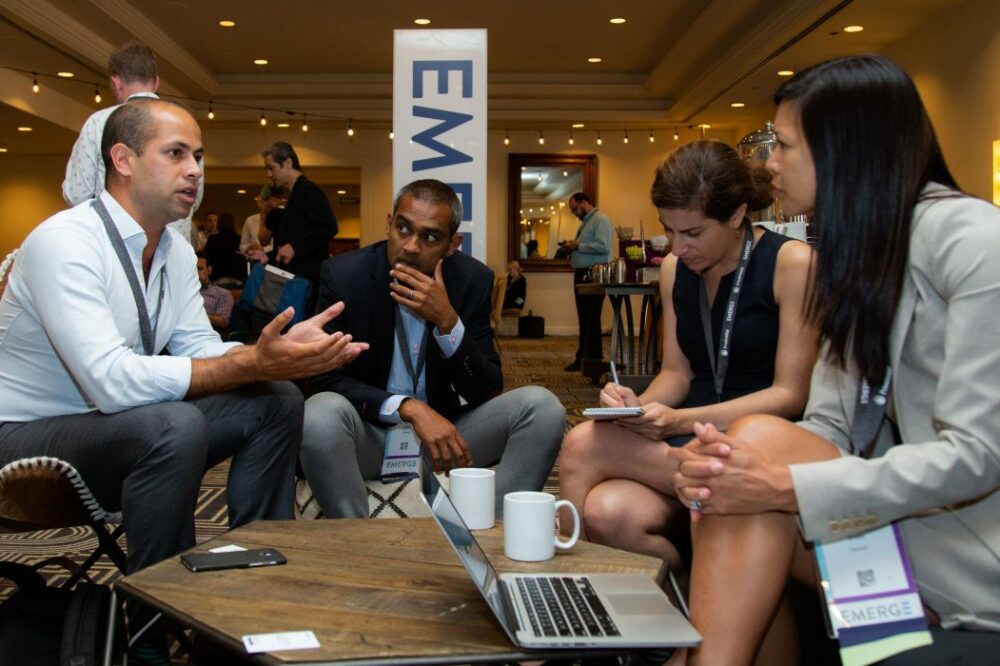
Exchange
When fintechs and nonprofits work together, they can offer a powerful combination of well-designed tech solutions and relationships with trusted partners to improve financial health. As part of the Financial Solutions Lab, the Exchange fostered high-impact partnerships between nonprofits and fintechs – promoting the intentional design and delivery of products for underserved consumers while enhancing nonprofits’ capacity to serve their communities.
While the Financial Solutions Lab concluded in 2022, the Financial Health Network continues to drive cross-sector collaboration to promote a more inclusive fintech landscape. Reach out to learn how we can connect you with other organizations to amplify your impact.
Impact
The partnerships that emerged from the Exchange were transformational for many. Fintechs gained direct insight into the financial needs of underserved communities, while nonprofits expanded their toolbox of resources to support clients’ financial health.
86%
of Exchange grantee organizations in 2022 were led by women and/or people of color
200+
fintechs and nonprofits participated in the Exchange
24
cutting-edge partnerships received a total of more than $1.3 million in grants
Exchange Challenges
Improving Public and Private Benefits Access and Navigation
The 2022 Exchange is supporting nonprofit-fintech partnership solutions that address the financial health challenges faced by individuals and families navigating public and private benefits systems, as well as the complications these systems can pose for the very people trying to utilize them.

2022 Challenge Grantees
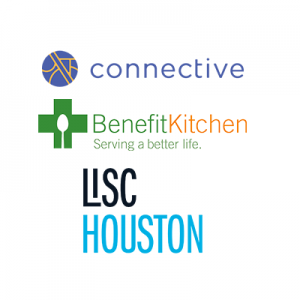
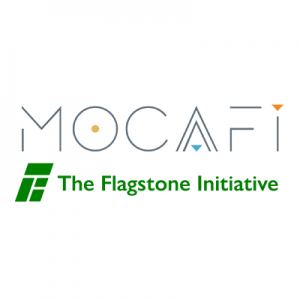
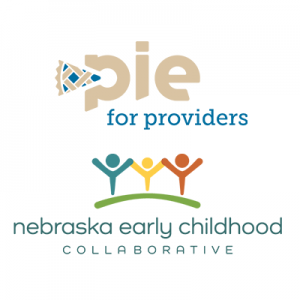
Benefit Kitchen | Connective | LISC Houston
Local Initiatives Support Corporation (LISC) Houston and Benefit Kitchen, in collaboration with Houston-based civic technology nonprofit Connective, will study how best to embed Benefit Kitchen’s API-based benefits screener into LISC Houston’s Financial Opportunity Center coaching model and software, bridging the benefits knowledge gap for coaching staff and giving clients standardized, up-to-date benefits screening information.
The Flagstone Initiative | Mocafi
The Flagstone Initiative and MoCaFi will collaborate on a Community Emergency Fund to protect low-income renters in Oklahoma City. The project will leverage the Flagstone Initiative’s access to aggregate data collected by its workforce housing partners and from one-on-one interviews and surveys with renters, and it will be deployed through MoCaFi’s on-demand fund distribution platform.
Nebraska Early Childhood Collaborative | Pie for Providers
Nebraska Early Childhood Collaborative and Pie for Providers will partner to maximize Nebraska child care providers’ income through subsidy funding and automate calculations for the state’s billing process, improving providers’ financial health and enabling the opening of new government-funded child care spots for Nebraska families.

Improving the Financial Health of Justice-Involved Individuals
The 2021 Exchange grant program sought innovative solutions advancing the financial health of justice-involved individuals and families navigating barriers to successful reentry, including reduced employment opportunities and lack of access to financial health tools.
2021 Challenge Grantees
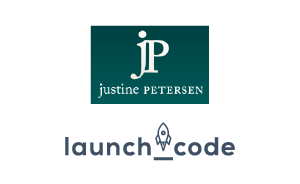
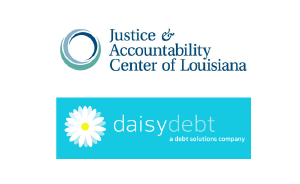
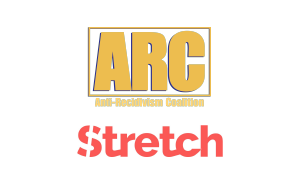
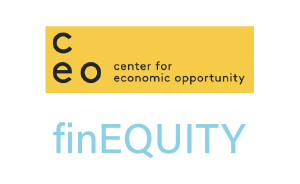
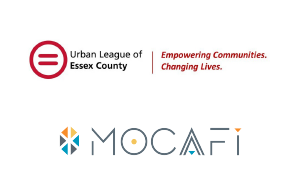
Justine PETERSEN | LaunchCode
Justine PETERSEN Housing and Reinvestment Corporation and LaunchCode are designing credit and entrepreneurship programs to address the financial health of incarcerated and re-entering citizens in Missouri.
Justice Accountability Center of Louisiana | DaisyDebt
Justice Accountability Center (JAC) of Louisiana and DaisyDebt are teaming up to bring DaisyDebt’s debt dispute technology to formerly incarcerated individuals, including those in JAC’s Reentry Legal Clinics.
Anti-Recidivism Coalition | Stretch Finance
Anti-Recidivism Coalition (ARC) and Stretch Finance will connect ARC’s formerly incarcerated and returning citizen members with free checking accounts, debit cards, and tailored employment alerts
IRC Center for Economic Opportunity | finEQUITY
IRC Center for Economic Opportunity and finEQUITY plan to help formerly incarcerated residents establish or improve their credit through small-dollar loans, smoothing the journey to critical needs like housing and employment.
Urban League of Essex County | MoCaFi
Urban League of Essex County and MoCaFi will offer a fully-featured mobile banking solution to assist returning citizen clients and their families, alongside Urban League of Essex County’s wraparound services.
Partnerships to Advance Worker and Student Financial Health
The 2020 Exchange grant program sought innovative solutions from partnerships focused on improving the financial health of workers and students. This was especially relevant as consumers navigated new financial challenges brought on by the coronavirus pandemic and resulting economic crisis.

2020 Challenge Grantees
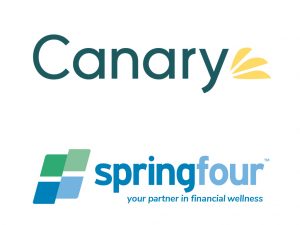
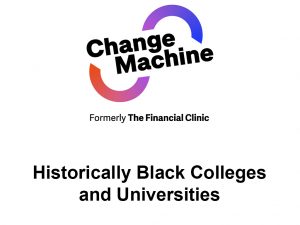
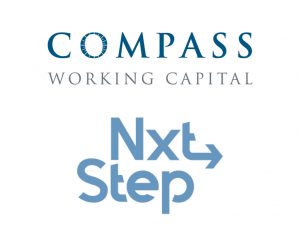
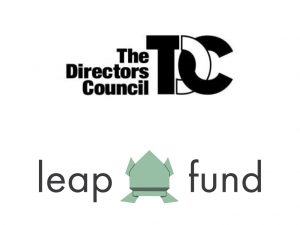
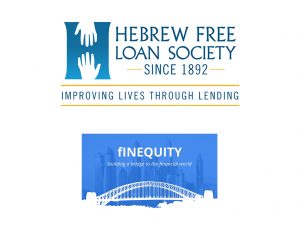
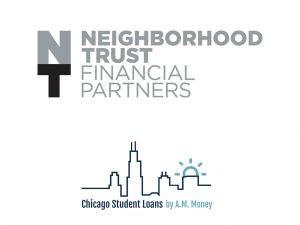
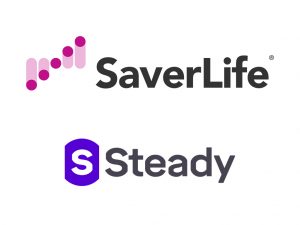
Canary | SpringFour
Canary integrated SpringFour’s financial health resources into Grant Circle, which provides cash grants to people experiencing financial hardship.
Change Machine | North Carolina HBCUs
Change Machine connected four North Carolina HBCUs with promising fintech products and engaged students in product testing and validation.
Compass | NxtStep
Compass partnered with NxtStep to build an enrollment, orientation, and financial coaching platform for participants in the federal Family Self-Sufficiency program.
The Directors’ Council | Leap Fund
Four of the Directors’ Council’s member nonprofits integrated Leap Fund’s public benefits calculator program into their service delivery.
Hebrew Free Loan Society | fINEQUITY
fINEQUITY paired its educational modules with Hebrew Free Loan Society’s interest-free loan to help people who have experienced incarceration.
Neighborhood Trust | A.M. Money
Neighborhood Trust provided its TrustPlus live financial coaching as an added feature for A.M. Money’s student loan borrowers.
SaverLife | Steady
SaverLife and Steady leveraged prize-linked savings to improve the income and savings prospects of their members.

Partnerships to Improve Household Financial Health
In 2017, the Financial Health Network began exploring the potential of partnerships between nonprofit organizations working to improve household financial health and financial technology providers. Through the Financial Health Network’s Nonprofit-Fintech Exchange – now the Financial Solutions Lab Exchange – we supported, convened, and learned from nine unique, groundbreaking partnerships navigating the challenges and opportunities for cross-sector financial health solutions.
2017 Challenge Grantees
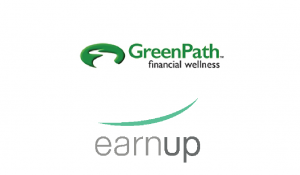
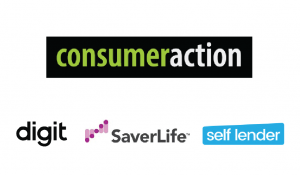
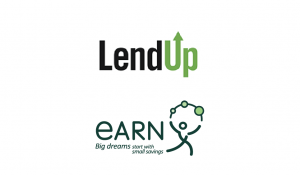
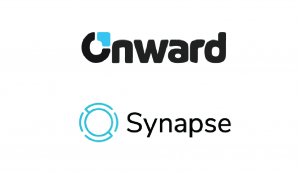
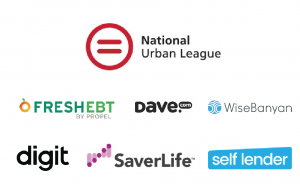
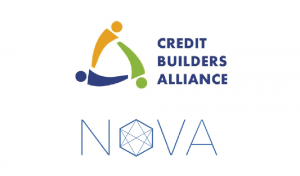
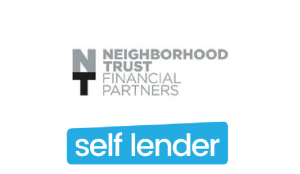
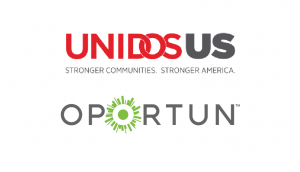
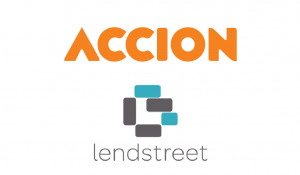
GreenPath | EarnUp
GreenPath partnered with EarnUp to create the Simple Payment Plan, an automated installment debt repayment service that provides ongoing financial coaching and guidance.
Consumer Action | Digit | SaverLife | Self
Consumer Action recruited four of its network affiliates to offer fintech products to clients. Fintech products distributed across the affiliates included Digit, SaverLife, and Self.
LendUp | EARN
SaverLife (previously EARN) partnered with LendUp to test if providing points towards the customer’s journey on the LendUp Ladder impacted their likelihood of enrolling and saving.
Onward | Synapse
Onward worked with Synapse to automate the process for workers to open savings accounts and access emergency loan products within the Onward app.
NUL | FreshEBT | Dave | WiseBanyon | Digit | SaverLife | Self
National Urban League (NUL) worked with its affiliate organizations to test a range of fintech tools with clients, gather feedback, and share it with the broader NUL network.
Credit Builders Alliance | Nova
Credit Builders Alliance offered lenders in its network access to credit reports from Nova Credit, allowing lenders to underwrite newcomers by obtaining credit histories from their countries of origin.
Neighborhood Trust Financial Partners | Self
Neighborhood Trust Financial Partners integrated Self’s credit-building product into its Trusted Advisor platform, enabling counselors to enroll interested clients seamlessly.
UnidosUS | Oportun
UnidosUS partnered with Oportun to provide financial coaching to its customers and employees.
Accion | LendStreet
Accion referred applicants who had previously been denied credit because of high debt levels to LendStreet with the goal of increasing their future eligibility for a loan.